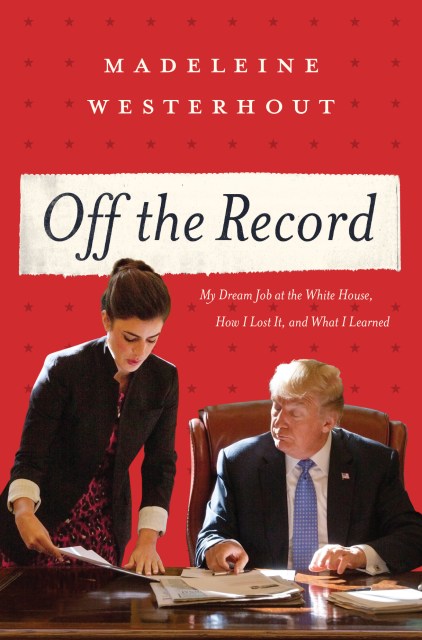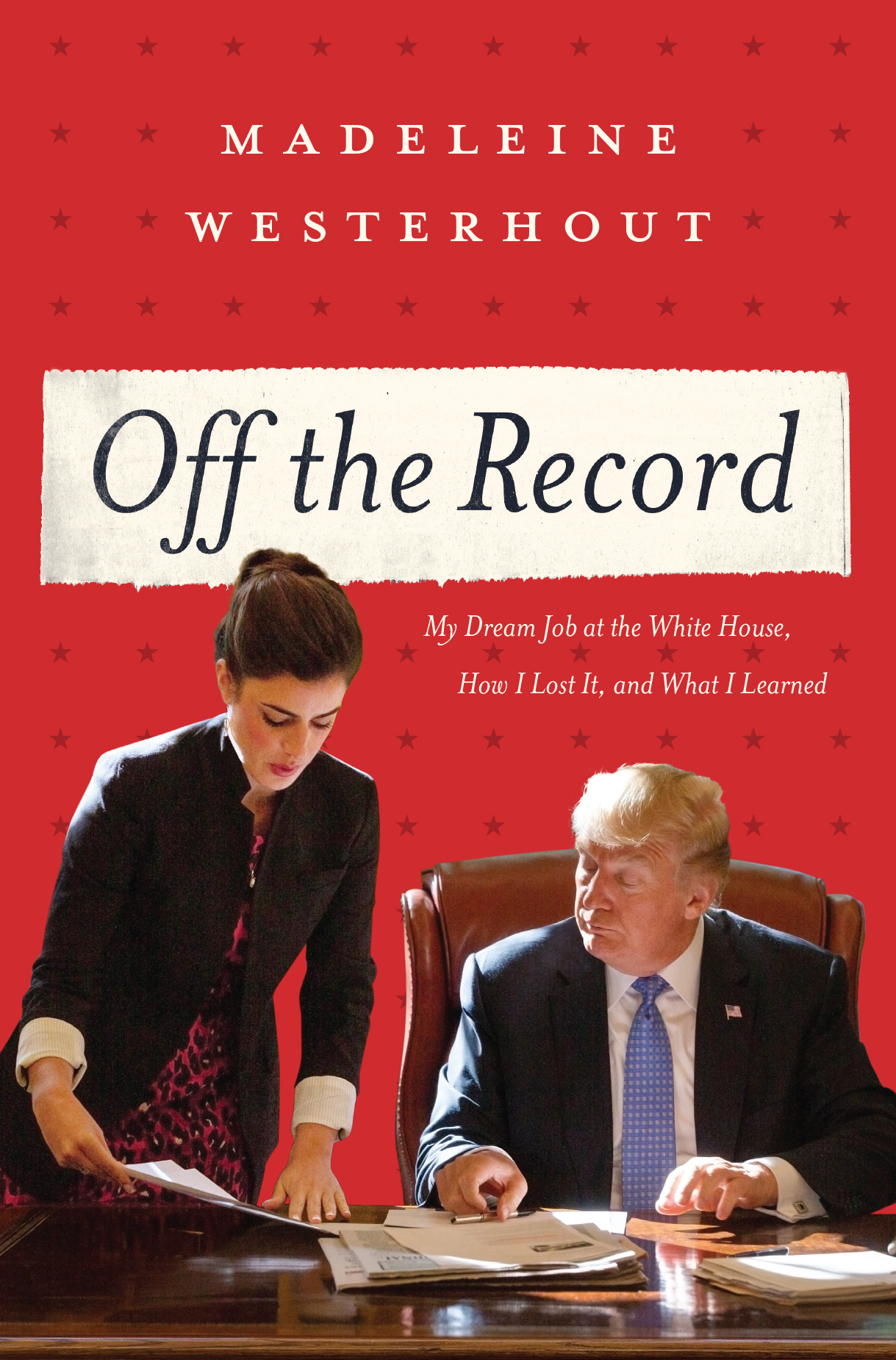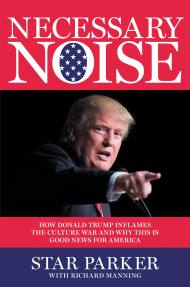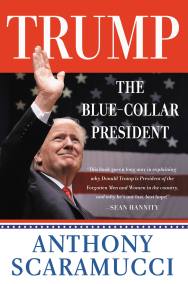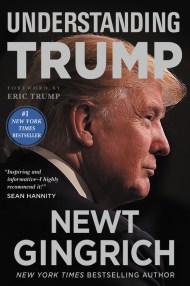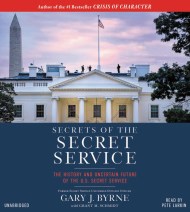By clicking “Accept,” you agree to the use of cookies and similar technologies on your device as set forth in our Cookie Policy and our Privacy Policy. Please note that certain cookies are essential for this website to function properly and do not require user consent to be deployed.
Off the Record
My Dream Job at the White House, How I Lost It, and What I Learned
Contributors
Formats and Prices
- On Sale
- Aug 11, 2020
- Page Count
- 272 pages
- Publisher
- Center Street
- ISBN-13
- 9781546059684
Price
$15.99Price
$20.99 CADFormat
Format:
- ebook $15.99 $20.99 CAD
- Hardcover $29.00 $37.00 CAD
- Audiobook Download (Unabridged)
This item is a preorder. Your payment method will be charged immediately, and the product is expected to ship on or around August 11, 2020. This date is subject to change due to shipping delays beyond our control.
Buy from Other Retailers:
From the first day President Trump stepped into the White House, Madeleine Westerhout was by his side, first as his executive assistant, then as the Director of Oval Office Operations. From her desk outside the Oval, she saw everyone who came in to see the president. She placed his phone calls, and was in the room for several historic moments. During her time working with President Trump at the White House, Camp David, Mar a Lago, and Bedminster, she grew to love her job and admire the president.
Then, in an unguarded moment during a dinner with reporters, she made a terrible mistake.
In Off the Record, Westerhout tells the full story of this dinner for the first time, revealing the circumstances that led to her fateful mistake. She also writes about her relationship with President Trump — all the lessons she learned working with him, and why she believes he is a much different man than the one the media portrays every day. Westerhout describes President Trump as a kind and generous boss who continues to be a great leader for our country.
Newsletter Signup
By clicking ‘Sign Up,’ I acknowledge that I have read and agree to Hachette Book Group’s Privacy Policy and Terms of Use
